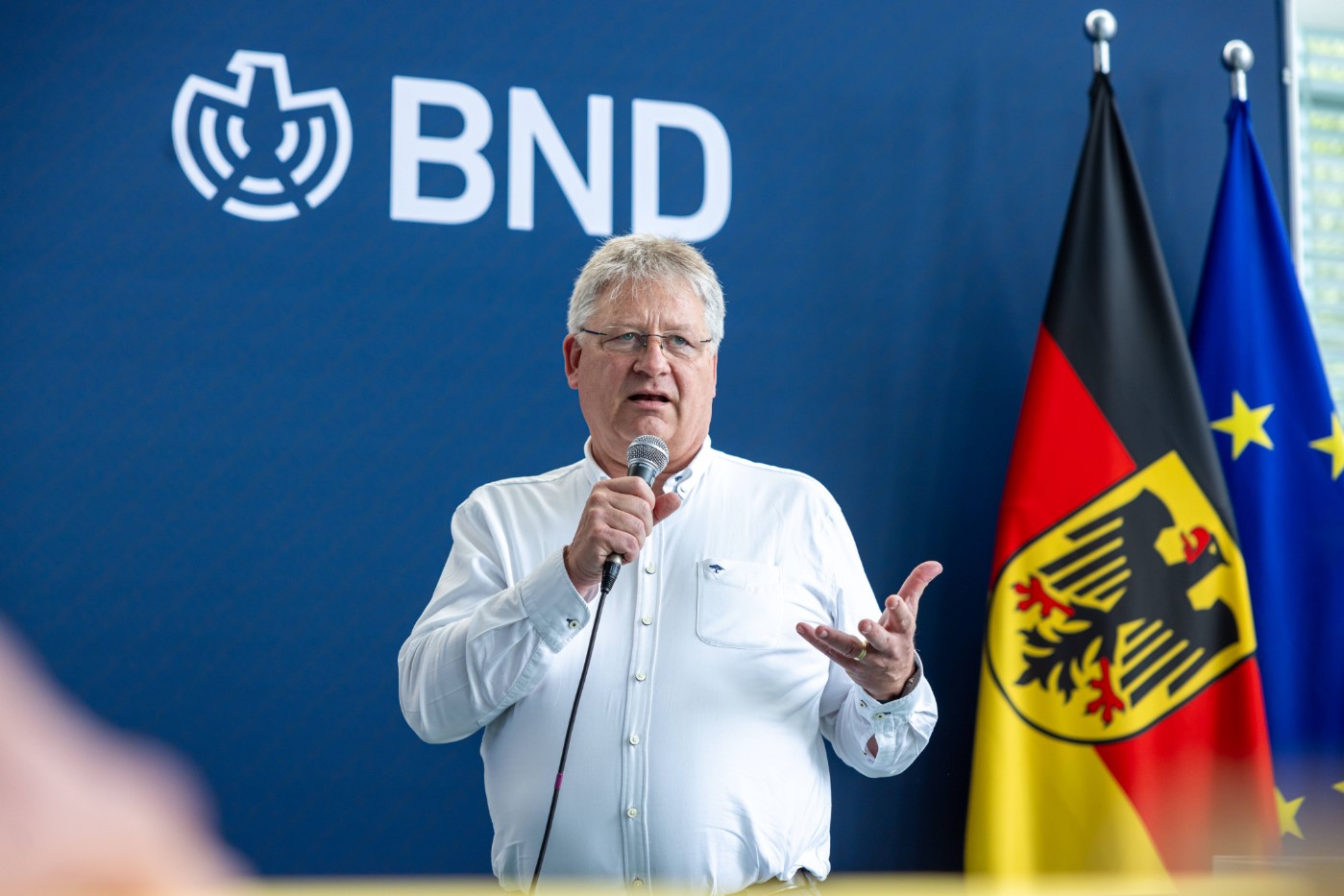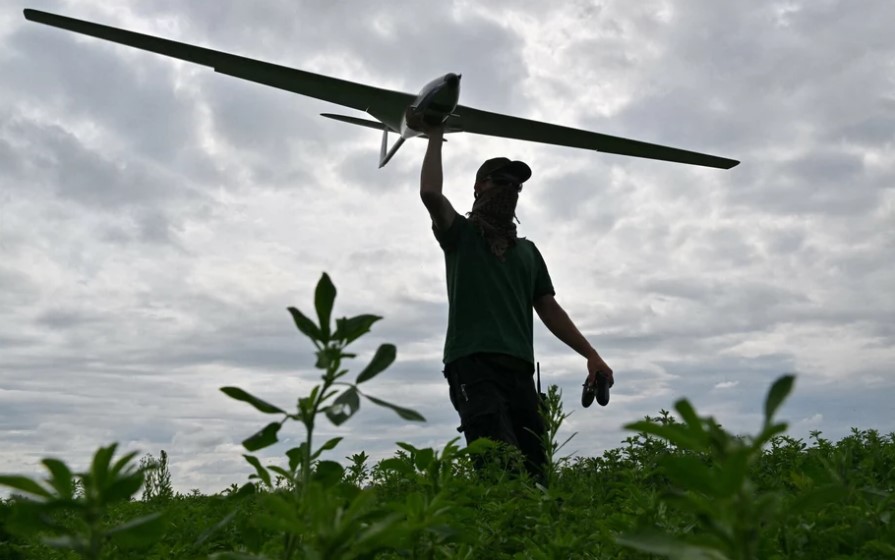Main image: Bruno Kahl currently does not consider negotiations with Russia to be very promising.(Photo: IMAGO/Achille Abboud)
Germany’s Federal Intelligence Service (BND) has raised serious concerns that Russia may attempt to "test" NATO’s collective defense commitment under Article 5, signaling a broader threat beyond the conflict in Ukraine.
Bruno Kahl, head of the BND, told German media outlet ntv-de that Moscow’s ambitions are not limited to seizing Ukrainian territory. Instead, growing doubts within the Kremlin about NATO’s unity could lead Russia to challenge the entire Alliance.
Article 5 is the cornerstone of NATO’s defense strategy. Established by the Washington Treaty in 1949, it states that an armed attack against one or more NATO members is considered an attack against all. This collective defense mechanism obliges member states to assist one another, whether through military support, intelligence sharing, or other forms of aid.
Since its inception, Article 5 has only been invoked once—after the September 11, 2001 terrorist attacks in the United States. Now, German intelligence believes that Russia doubts the West’s willingness to uphold this principle and may seek to provoke a response by testing the Alliance’s resolve.
While German intelligence has not named specific countries, experts speculate that Russia might focus on NATO’s eastern flank, particularly the Baltic states—Estonia, Latvia, and Lithuania—or other Eastern European members bordering Russia or Belarus, such as Poland.
According to Kahl, Russia’s strategic goal goes beyond the war in Ukraine. The Kremlin aims to expand its geopolitical influence westward and weaken NATO from within. By creating uncertainty about the Alliance’s response capabilities, Moscow hopes to erode trust in NATO’s collective defense.
Although NATO and U.S. officials have yet to officially respond to these warnings, recent actions reflect heightened preparedness. NATO has bolstered its military presence in Eastern Europe, conducted extensive exercises near Russian borders, and taken steps to improve the readiness of allied forces.
Germany’s alert serves as both a warning to policymakers and a message to the public: European security can no longer be taken for granted. Should Russia carry out provocations, NATO faces a critical test—either to demonstrate its strength and unity or risk losing credibility and trust among its members.





















